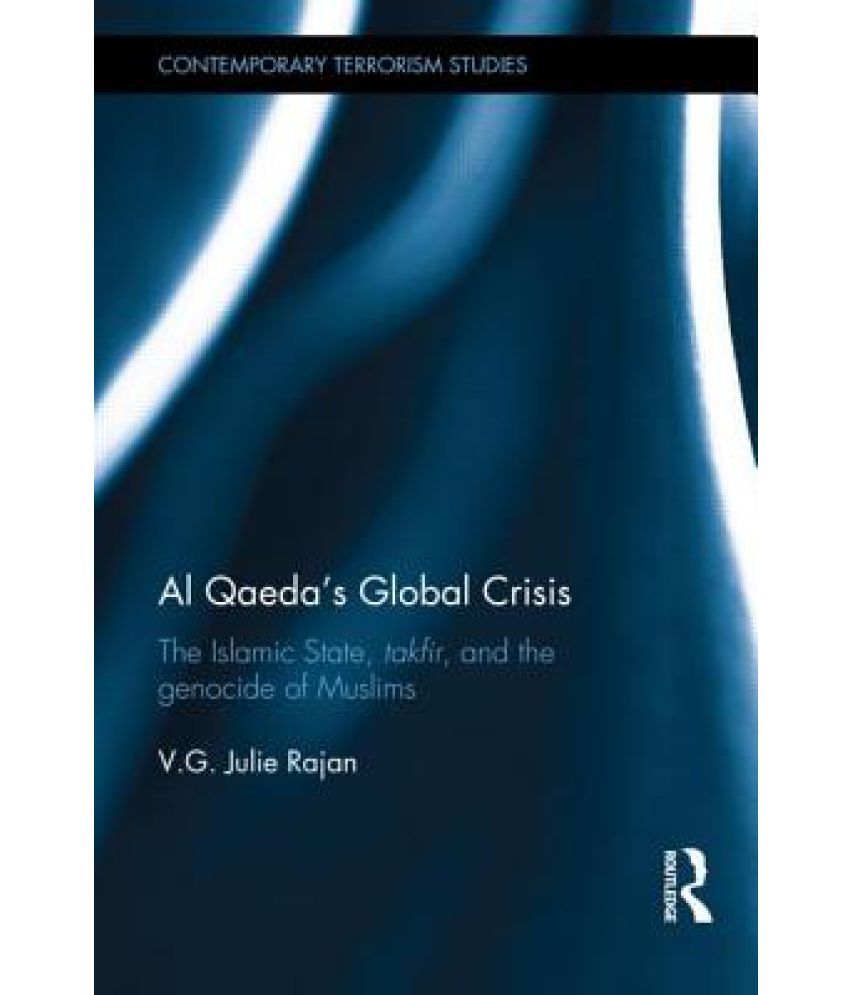Something went wrong. Please refresh the page and try again.
Something went wrong. Please refresh the page and try again.
Notifications can be turned off anytime from settings.
Item(s) Added To cart
Qty.
Something went wrong. Please refresh the page and try again.
Something went wrong. Please refresh the page and try again.
Exchange offer not applicable. New product price is lower than exchange product price
Please check the updated No Cost EMI details on the payment page
Exchange offer is not applicable with this product
Exchange Offer cannot be clubbed with Bajaj Finserv for this product
Product price & seller has been updated as per Bajaj Finserv EMI option
Please apply exchange offer again
Your item has been added to Shortlist.
View AllYour Item has been added to Shopping List
View All

No Cost EMI of Zero Emi Vendor applied on the product
You selected EMI of for monthsChangeGenerally delivered in 6 - 10 days
Item is available at . Change
You will be notified when this product will be in stock
| ||||||||||||||
Learn More about the Book
This book focuses on the crises facing Al Qaeda and how the mass killing of Muslims is challenging its credibility as a leader among Islamist jihadist organizations.
The book argues that these crises are directly related to Al Qaeda's affiliation with the extreme violence employed against Muslims in Iraq, Syria, Afghanistan and Pakistan in the decade since 9/11. Al Qaeda's public and private responses to this violence differ greatly. While in public Al Qaeda has justified those attacks declaring that, for the establishment of a state of 'true believers', they are a necessary evil, in private Al Qaeda has been advising its local affiliates to refrain from killing Muslims. To better understand the crises facing Al Qaeda, the book explores the development of Central Al Qaeda's complex relationship with radical (mis)appropriations and manifestations of takfir, which allows one Muslim to declare another an unbeliever, and its unique relationship with each of its affiliates in Iraq, Syria, Afghanistan and Pakistan. The author then goes on to consider how the prominence of takfir is contributing to the deteriorating security in those countries and how this is affecting Al Qaeda's credibility as an Islamist terror organization. The book concludes by considering the long-term viability of Al Qaeda and how its demise could allow the rise of the even more radical, violent Islamic State and the implications this has for the future security of the Middle East, North Africa and Central/South Asia.
This book will be of much interest to students of political violence and terrorism, Islamism, global security and IR.
Review Quotes
1.
'In every generation, the terrorists become more violent. Julie Rajan's Al Qaeda's Global Crisis is the first book on the third generation of the contemporary wave of terrorism. Defying Al Qaeda, the rise of the Islamic State is analysed by Rajan's outstanding account of the ideological and operational dimensions of the current and emerging global threat. This masterful study should be read by all those concerned with international security.' -- Rohan Gunaratna, Nanyang Technological University, Singapore
'Julie Rajan details how the genocide of Muslims has been the main cause of instability in Pakistan, Afghanistan, Iraq, and Syria and the key driver of civil wars in the region. The killing of Muslim civilians by AQ backed takfiris has been ignored by other analysts who have almost exclusively focused on violence directed against the West. This timely and fascinating book charts the rise of the Islamic State, demonstrating the generational effects as well as well as how the Islamic State is posing an increasing challenge to the larger al Qaeda network. A must-read for anyone interested in the spread of radical Islamism, why rape is used a strategy of war, and better understand how Iraq became such a disaster.' -- Mia Bloom, University of Massachusetts, Lowell, USA
The practice of takfir - declaring other Muslims as infidels - is a central fault line in the global jihadi movement. Yet, the topic is often overlooked in existing literature on al-Qaida. Rajan s book provides a comprehensive overview of how the killing of Muslims at the hands of al-Qaida's regional affiliates since 2001 has undermined the network's long-term sustainability. The book is essential reading for anyone who seeks to understand the rise and fall of al-Qaida and likeminded movements. -- "Anne Stenersen, Norwegian Defence Research Establishment, Norway""
The images represent actual product though color of the image and product may slightly differ.
Register now to get updates on promotions and
coupons. Or Download App